Is this Dave Rennie’s first mistake as Wallabies coach?
The new Wallabies coach should pick an Australian to mentor the national team’s scrum.
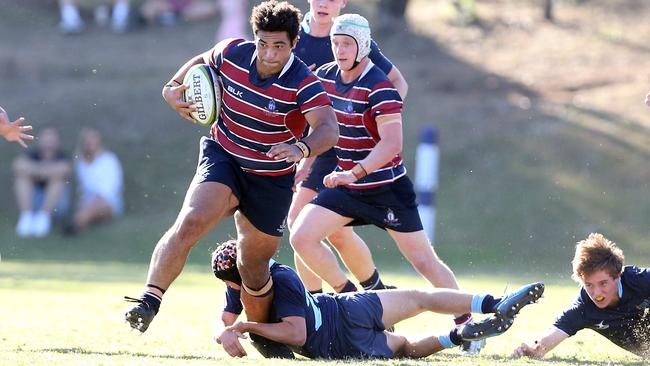
If you could distil the 69-Test career of the man who was once Australia’s most capped prop, Al Baxter, down to one exquisitely shining moment, this would probably be it, as the Wallabies destroyed the England scrum at the home of rugby, Twickenham, on the spring tour of 2008.
Baxter was at tighthead, directly opposing the man around whom England had built their run to the final of the 2007 World Cup, Andy Sheridan. A massive man who, in a rugby sense, knew how to do one thing and one thing only, scrum. It had been with Sheridan in the “one” jersey that England had got the better of Australia, got the better of Baxter, in the World Cup quarter-final in Marseilles. Very similar, in fact, to the 2019 World Cup, with England storming into the final only to be dismantled by South Africa.
But to fully appreciate the significance of this particular moment in Baxter’s life, you need to backtrack a little further, to the Twickenham Test of the 2005 Wallabies spring tour. It was Eddie Jones’ final year as Australian coach and as hard as it is to believe now when Jones has built a reputation of being such a meticulous coach, back then things were starting to fall apart because he had tried to take a shortcut with scrummaging practice.
Inevitably, it all came to rest on the tighthead position. Sheridan was running rampant and Baxter wasn’t up to it. Don’t take my word for it. That’s exactly what French referee Joel Jutge said to the England front-row after sending Baxter off for “not being good enough”.
So you can understand why, three years later, Baxter was so jubilant to have turned the tables so dramatically. But it begs the question, what triggered the turnaround?
There is no one complete answer. Clearly Baxter had committed to it and worked incredibly hard to get the best out of a body that really wasn’t made for 116kg. But a lot deserves to be made of the coaching effort of one man. Michael Foley.
He came into the Wallabies coaching set-up in 2006, when John Connolly was brought in to take over from Jones. There was too much ground to be made up in time for the World Cup the following year, but by 2008 — though Connolly was gone and Robbie Deans installed in his place — Foley kept working on the problem. And by November 2008, the once weakest scrum in Tier One rugby was ready to take on the strongest. It wasn’t just Baxter who fronted up that day, of course, but Benn Robinson at loosehead and Stephen Moore at hooker. But all owed their improvement to Foley’s coaching.
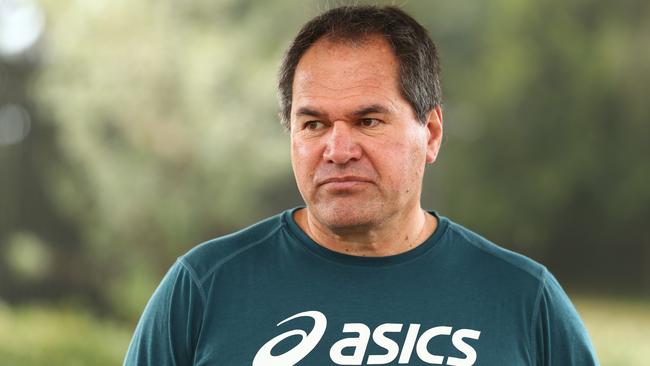
Fast forward now to the present day. The Australian scrum is entirely serviceable. Simon Raiwalui’s appointment as 2019 World Cup forwards coach came in for sustained criticism yet the fact is that the Wallabies did not bomb out because of any set-piece deficiencies. Their blinkered tactics might have been laid bare in Japan but the set pieces held up well.
So if Australia had to go into a Test match today with an all-Brumbies front-row of tighthead Allan Alaalatoa, hooker Folau Fainga’a and loosehead Scott Sio or James Slipper, it would do so with full confidence that they would get the job done.
That seems to me a perfect rationale for Dan McKellar to take over as scrum coach when, inevitably, he moves into his joint role as head coach of the Brumbies and forwards coach of the Australian team. It is understood McKellar will solely be with the Wallabies once the 2021 Super Rugby season is over but, until then, he will have an awful lot on his plate.
Perhaps Dave Rennie is correct in looking around for someone to coach the scrum exclusively. But I fear he is about to make his first mistake as Wallabies coach if he insists on recruiting his former assistant at the Glasgow Warriors, South African Petrus du Plessis to do the scrums. Not only is he an excellent scrum coach, Rennie argues, but he is also a qualified physiotherapist.
Hmmm, does any of this sound familiar?
Rennie has had virtually his entire coaching team selected for him before he even arrived in Australia and it is entirely understandable he would prefer to work with at least one person he knows and respects.
Yet the inescapable fact is that we are talking about the Test team and if there is a perfectly acceptable Australian available to coach the scrum, why not consider him? Particularly since he also happens to be an exceptional sports physio.
World Cup winner Cameron Lillicrap is the mastermind behind the Queensland scrum which has become the most dominant set piece in the country. Under him, Taniela Tupou has grown from a raw talent who came to Ballymore not wanting to ever put his head in a scrum into one of the top tightheads in world rugby. And now Lillicrap is set to bring on another awesome talent, former Australian under-18 prop Zane Nonggorr, who is expected to come off the bench for his Queensland debut tonight against NSW.
Lillicrap is loading up the Queensland side with a host of props who can do far more than merely scrummage. Imagine what he might achieve if he also got to work with the likes of Angus Bell or Harry Johnson-Holmes of the Waratahs, or Vaiilli Fa’amausili or Cameron Orr of the Rebels.
Rennie is acutely aware that part of his job is to train an Australian successor. He has even — somewhat remarkably — suggested he may relinquish his position after the 2023 World Cup if he believes his successor is ready. But there is intellectual property to be amassed across all positions within the Wallabies, not just the head coaching job. Granted, in the midst of a global pandemic, the likelihood of du Plessis being recruited any time soon is remote but Rennie was still arguing his case yesterday.
Judging by its performance at the last World Cup, it’s fair to say South Africa doesn’t need any help from Australia.

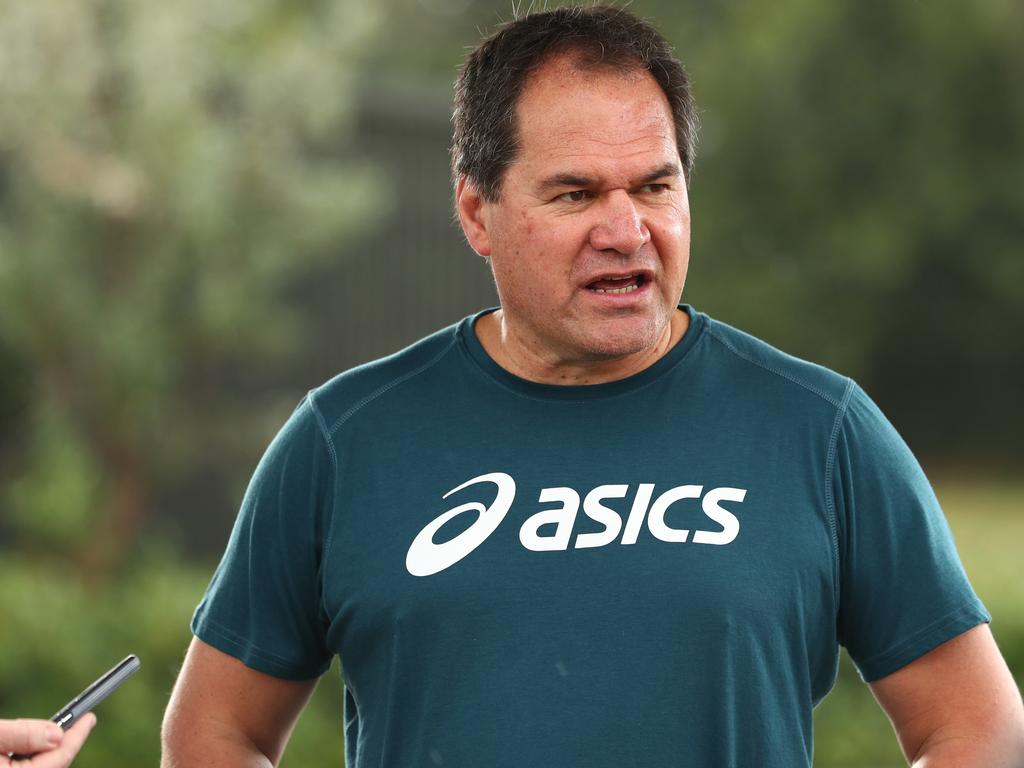
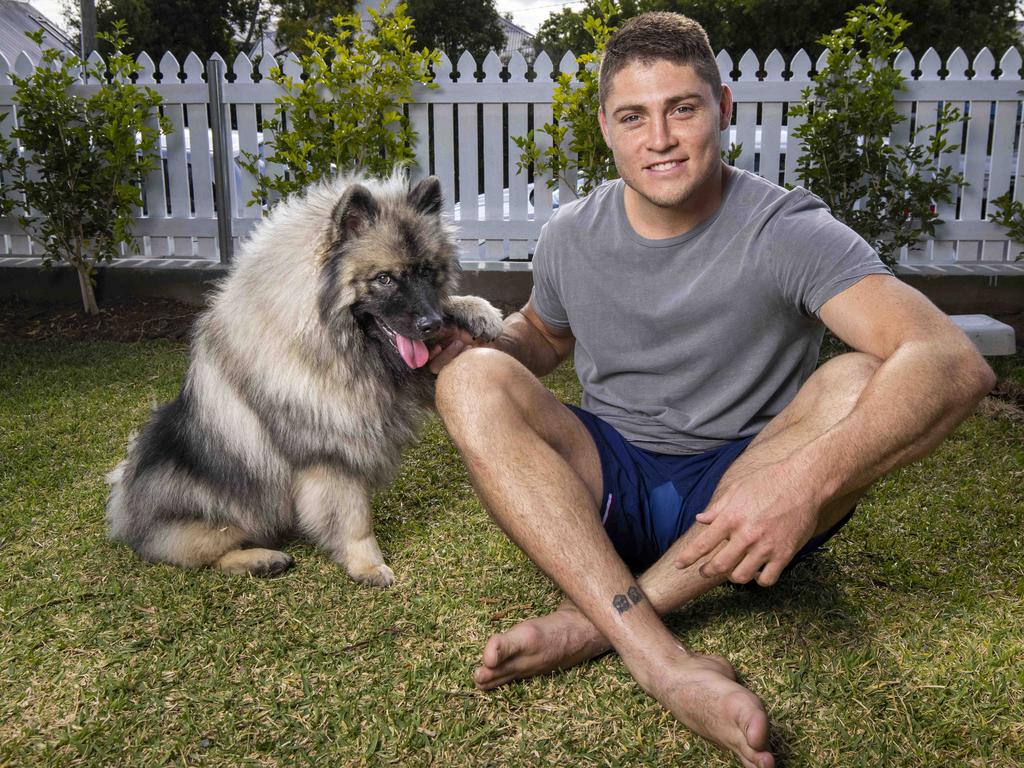
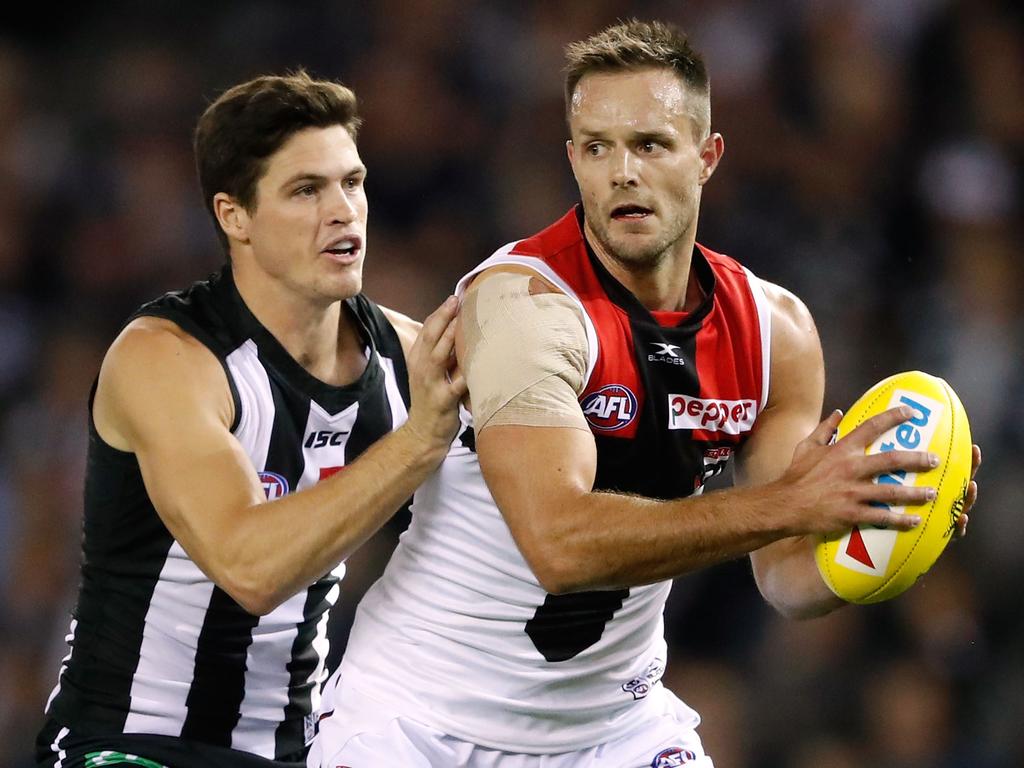


63rd minute: “(England halfback Danny) Care feeds the scrum. Australia puts the shove on and England put hands in to recover the ball. Baxter is jubilant. Mortlock is lining up the kick. It has the legs from halfway. Bit of a gap in the scores now, 14-21.” — taken from ESPN Scrum’s live match coverage of England-Australia at Twickenham, November 15, 2008.